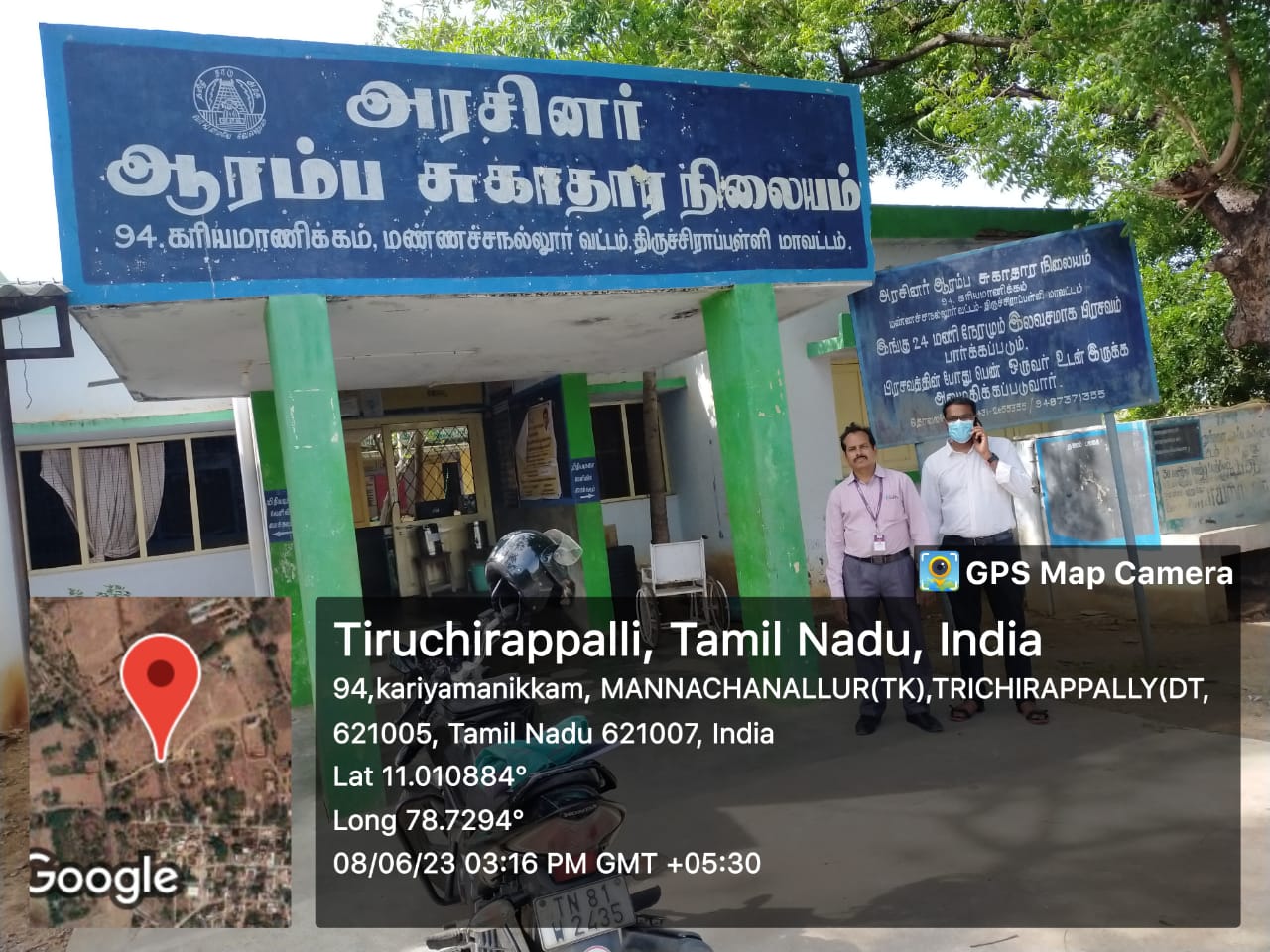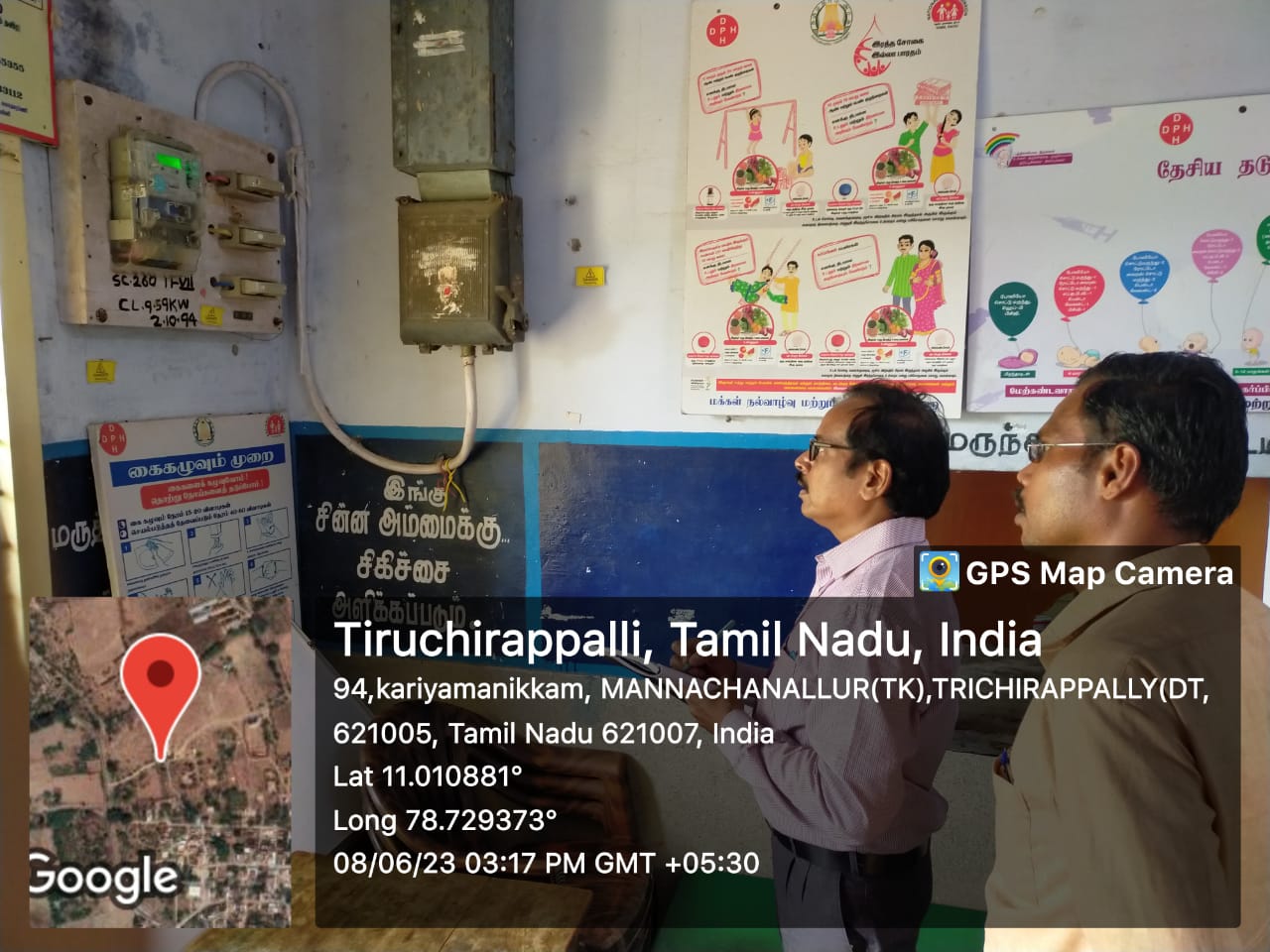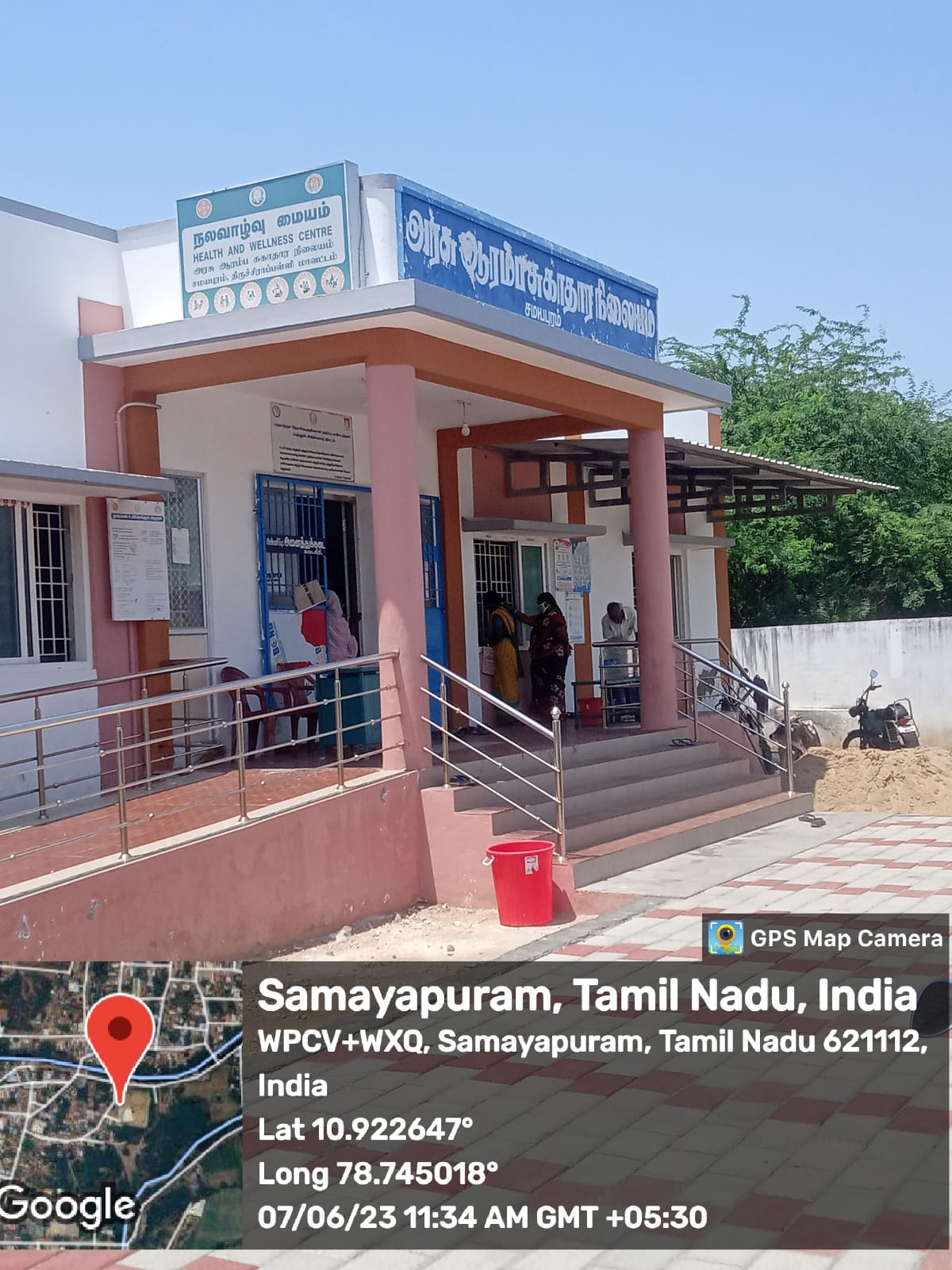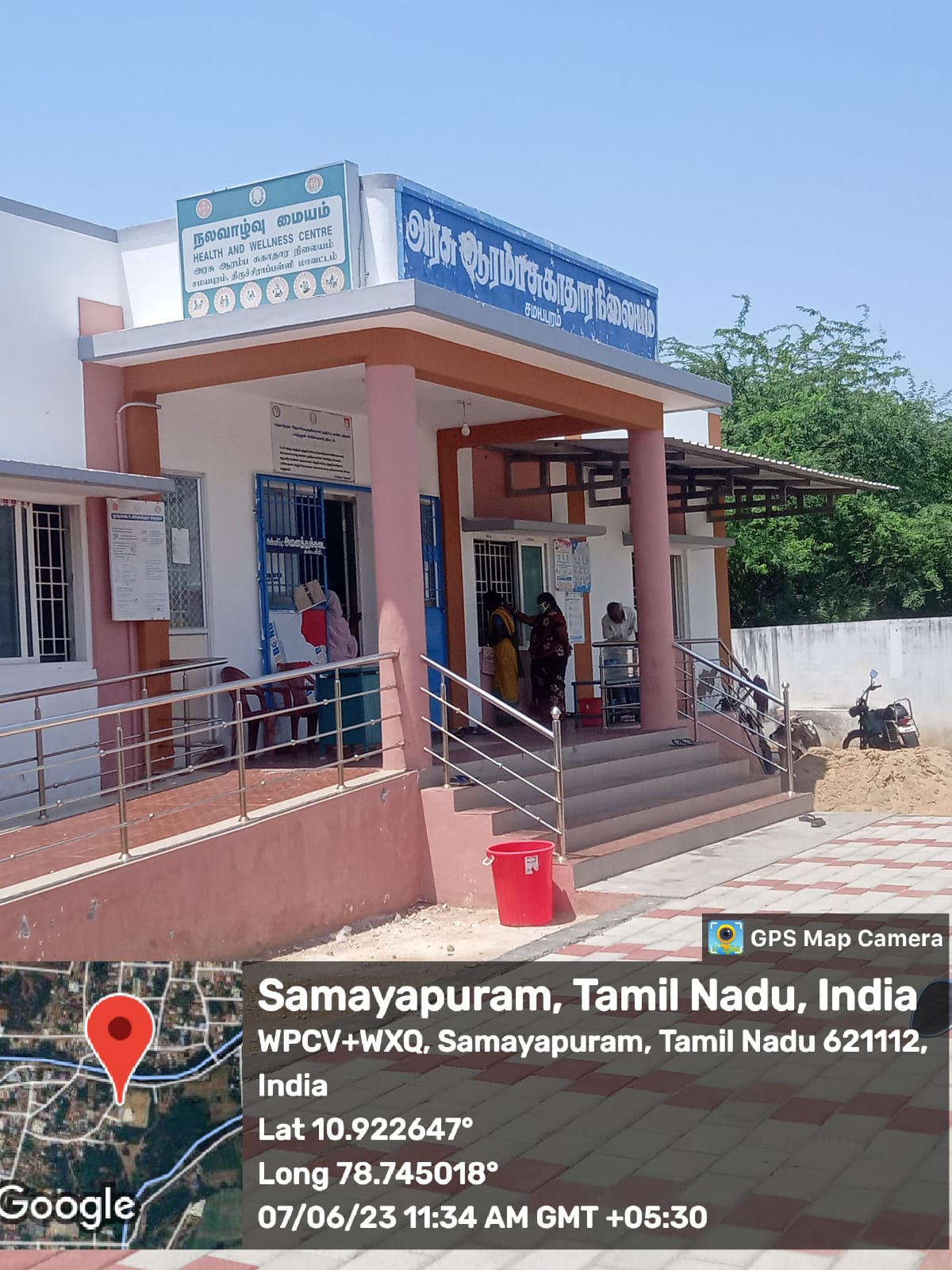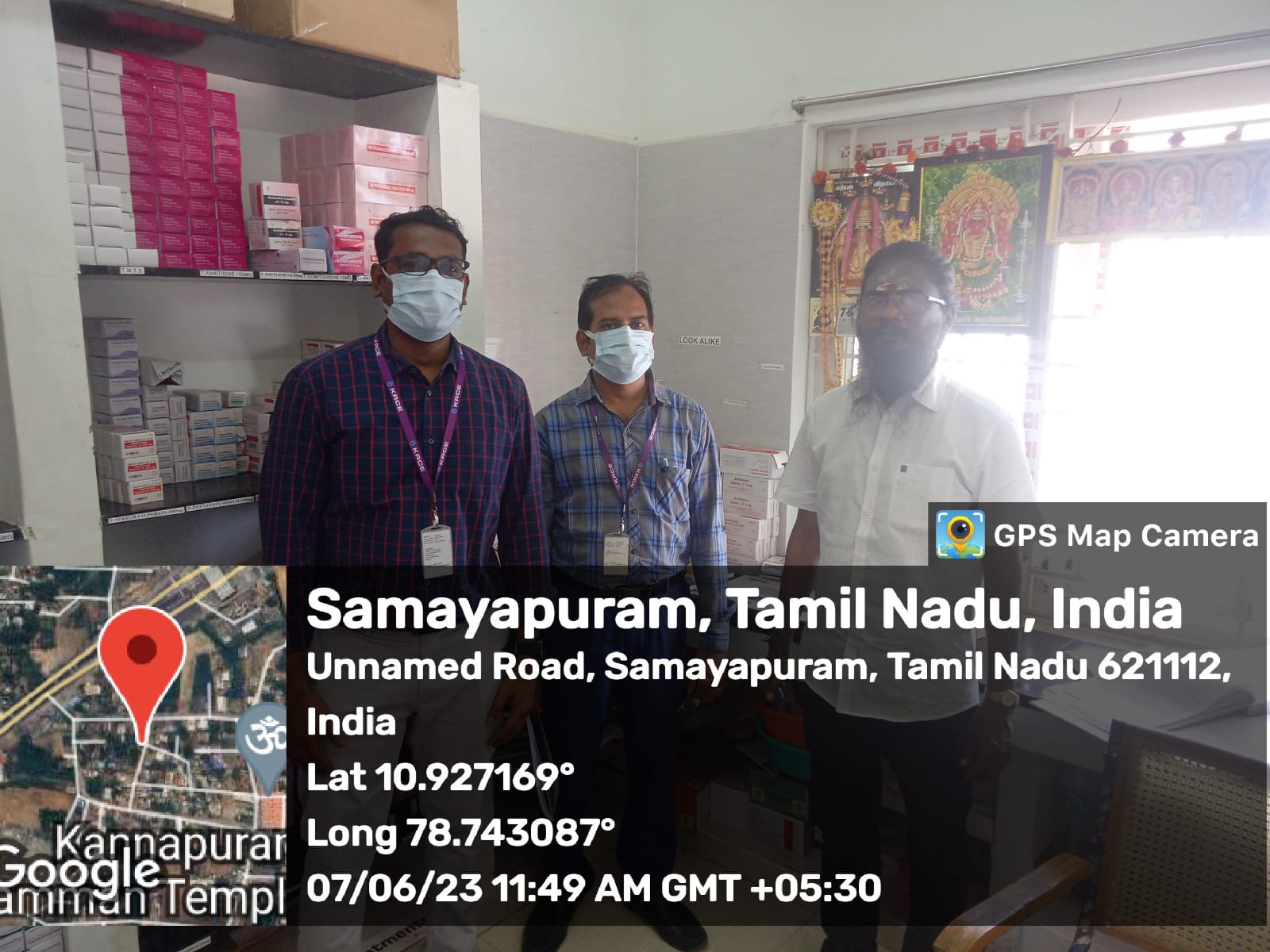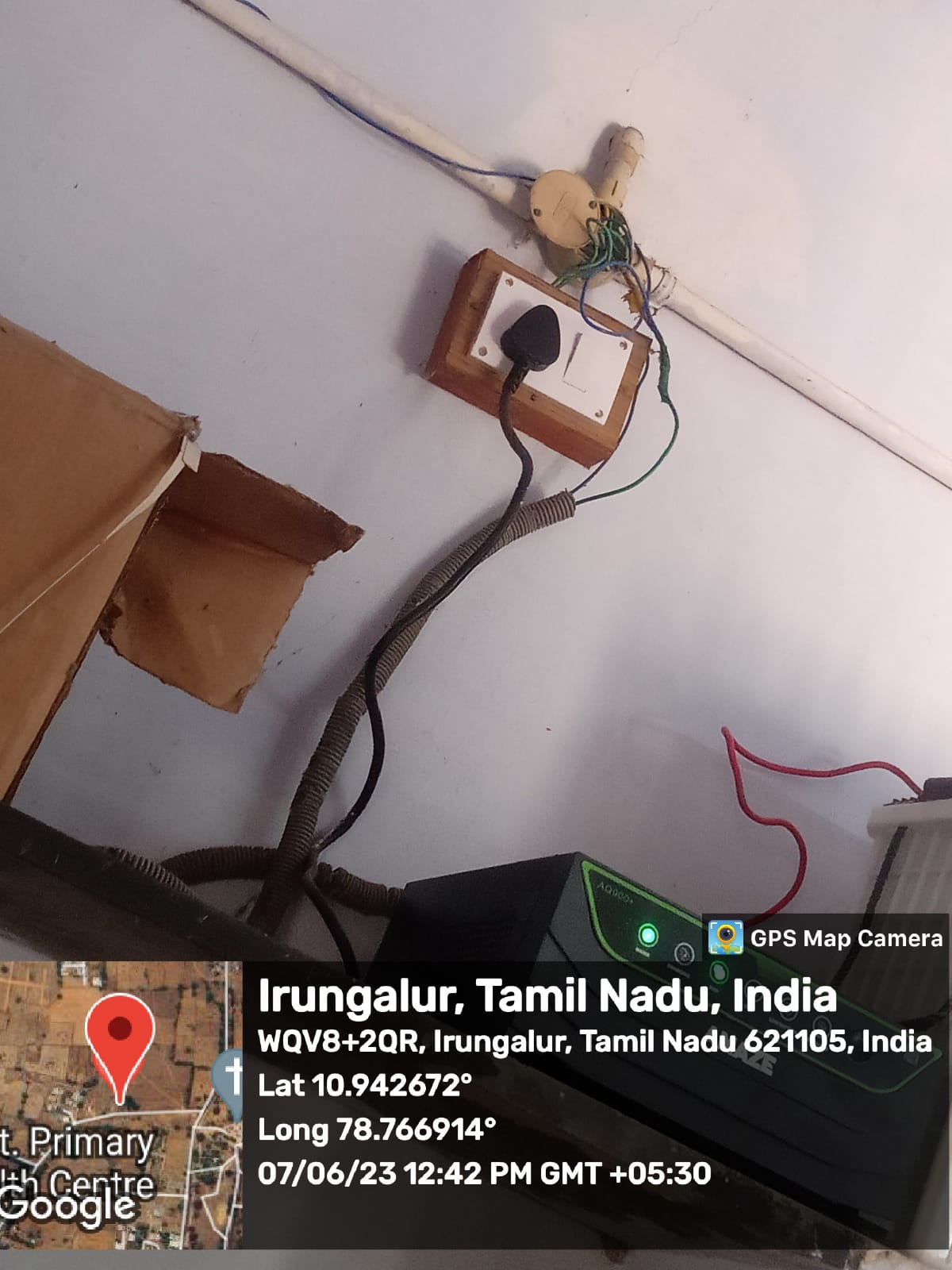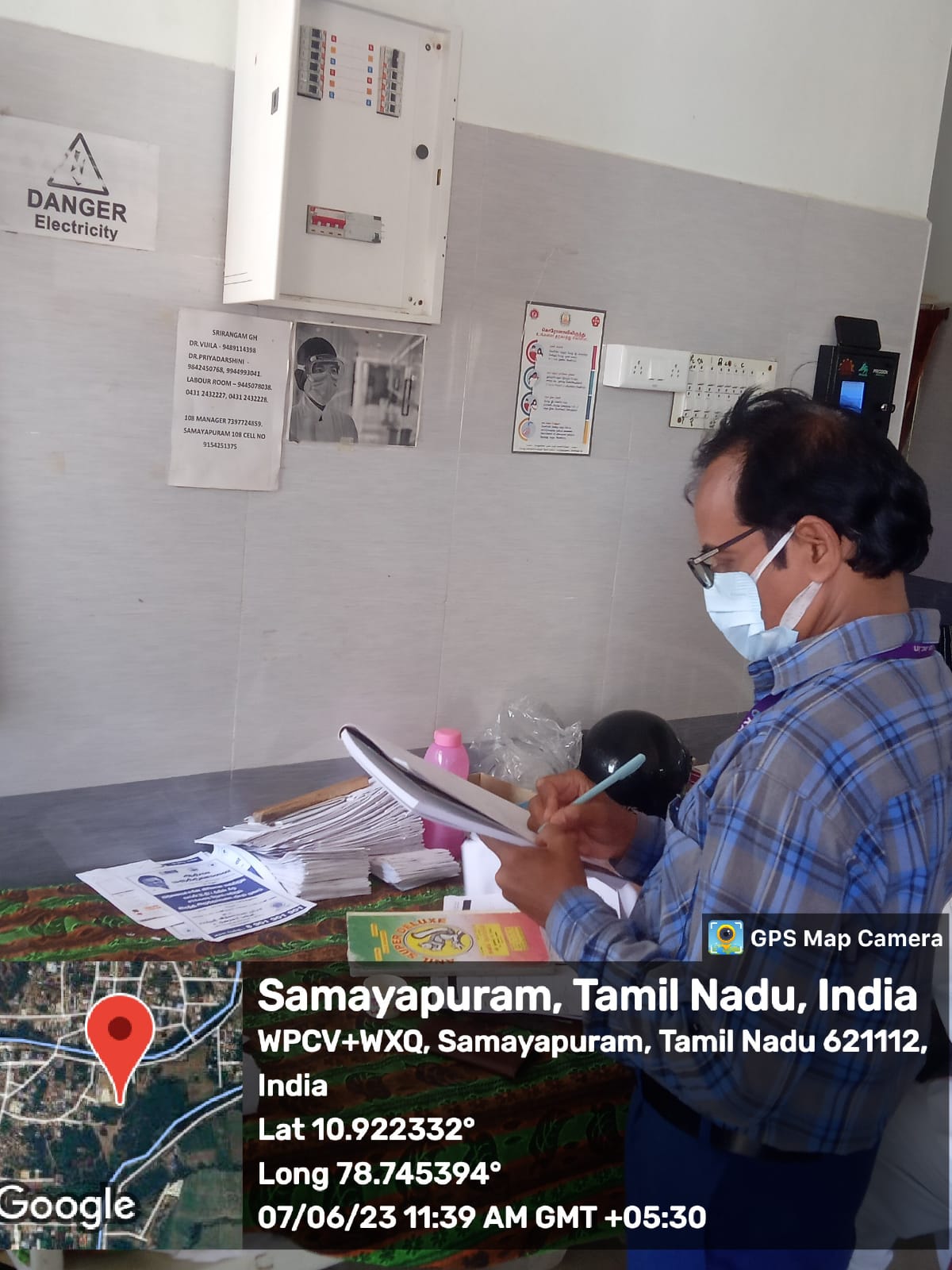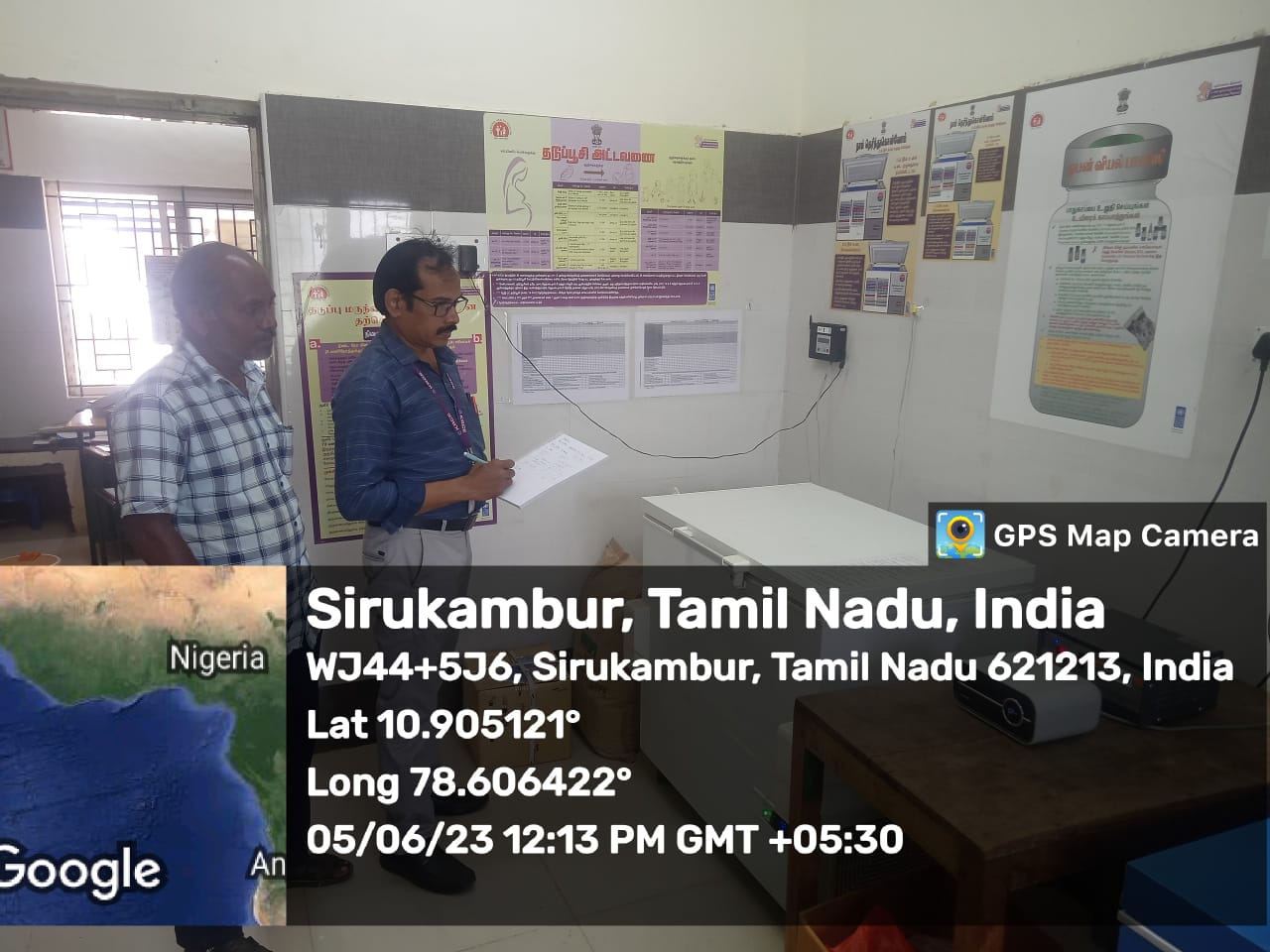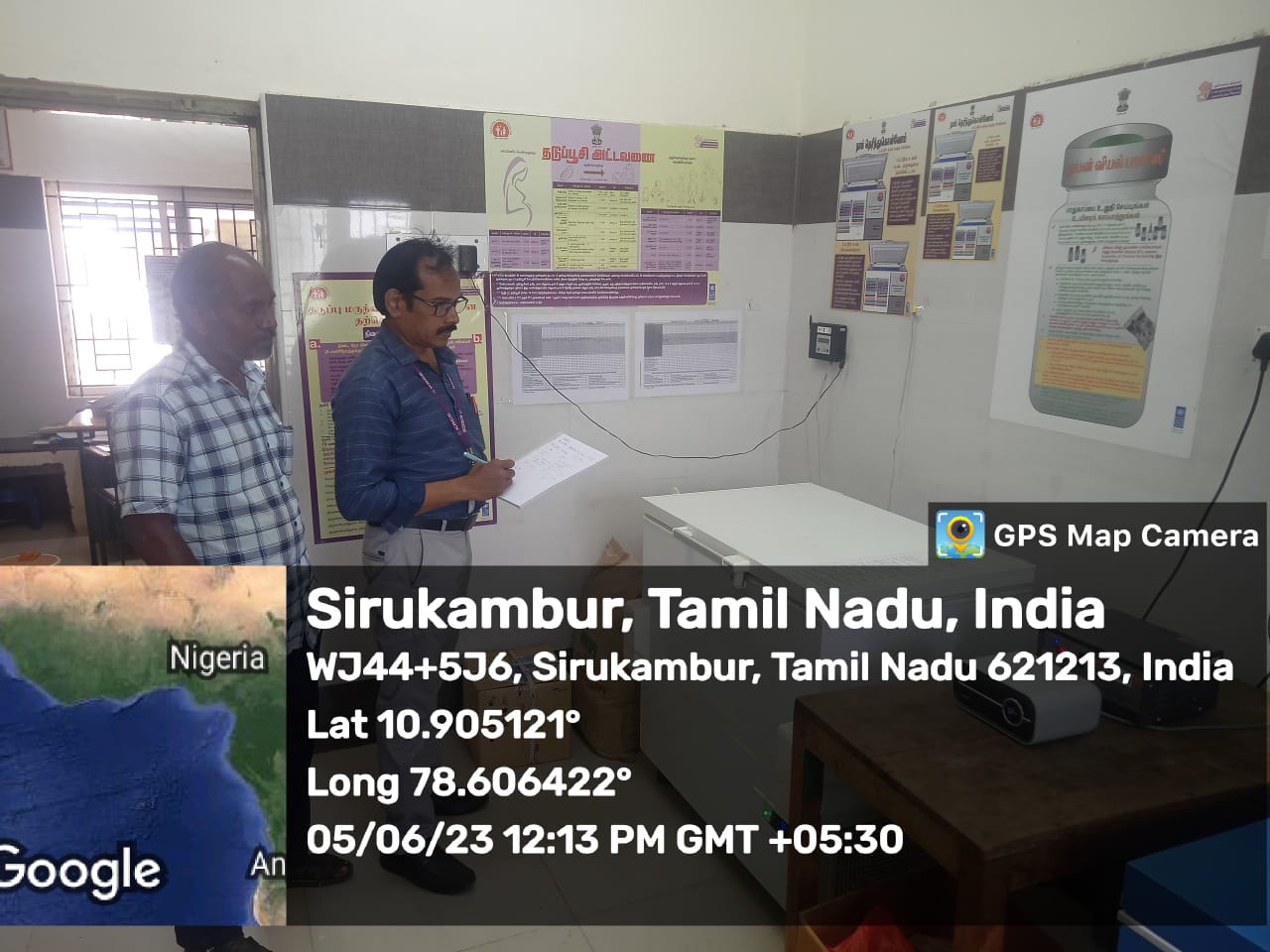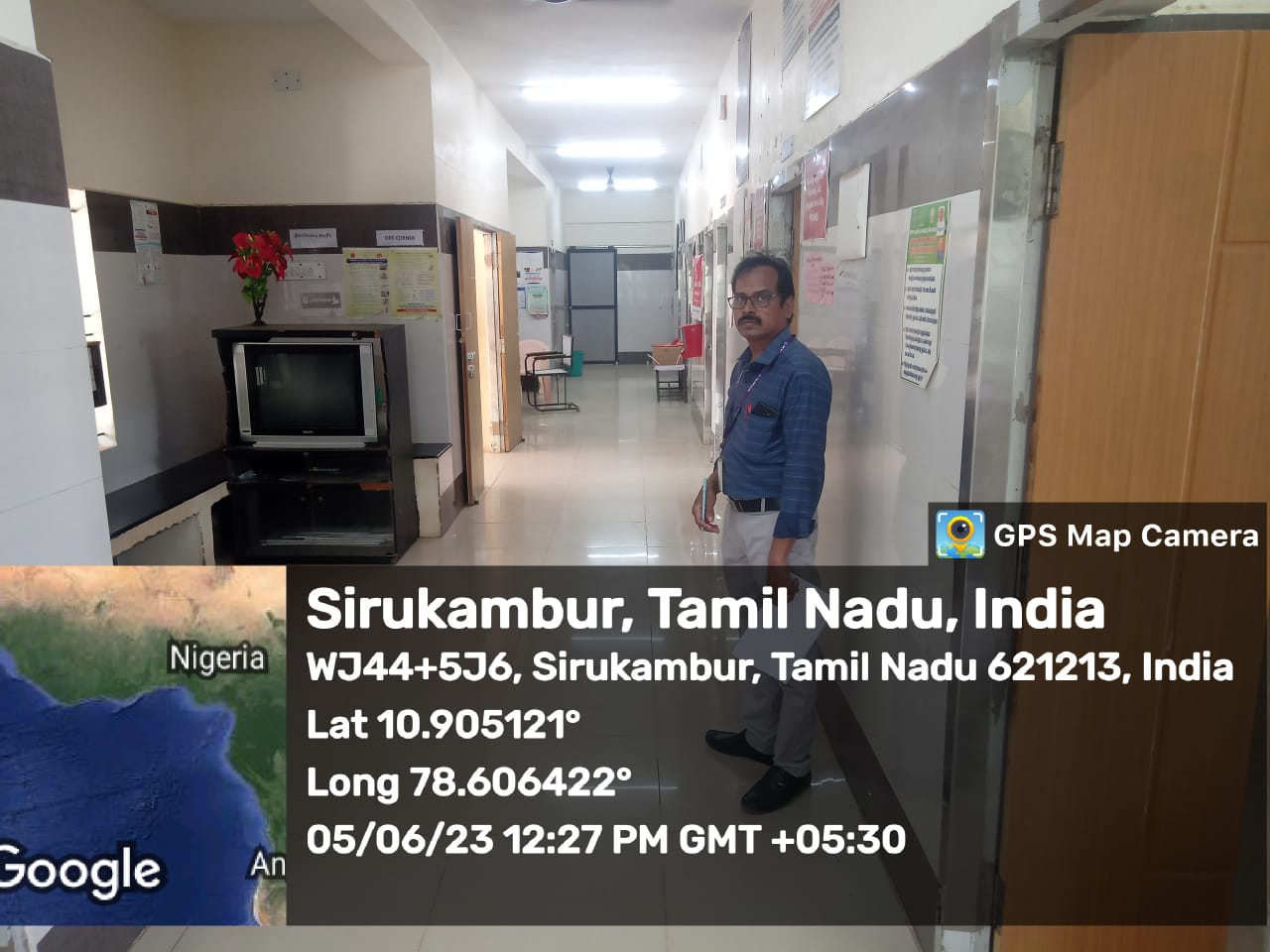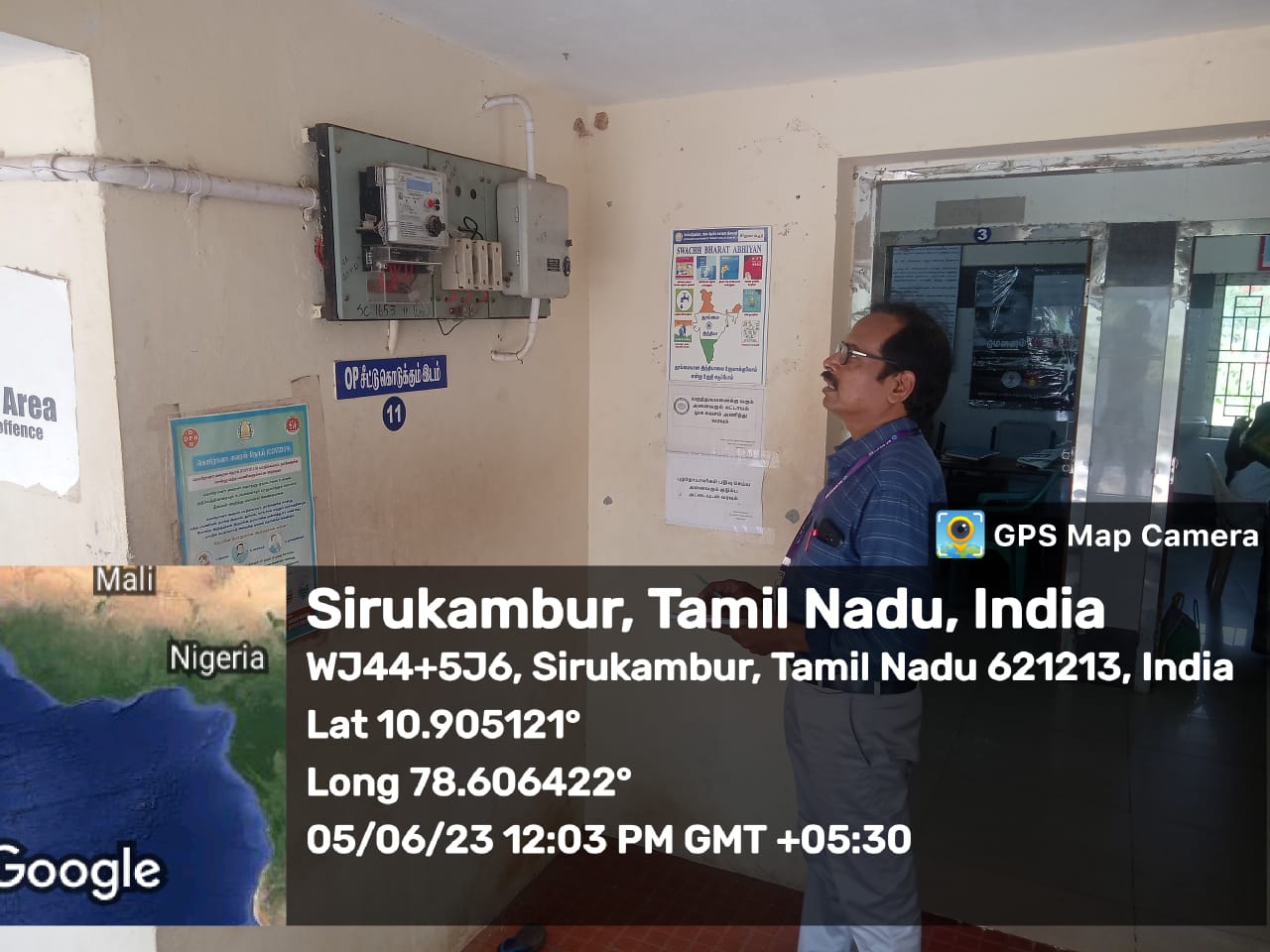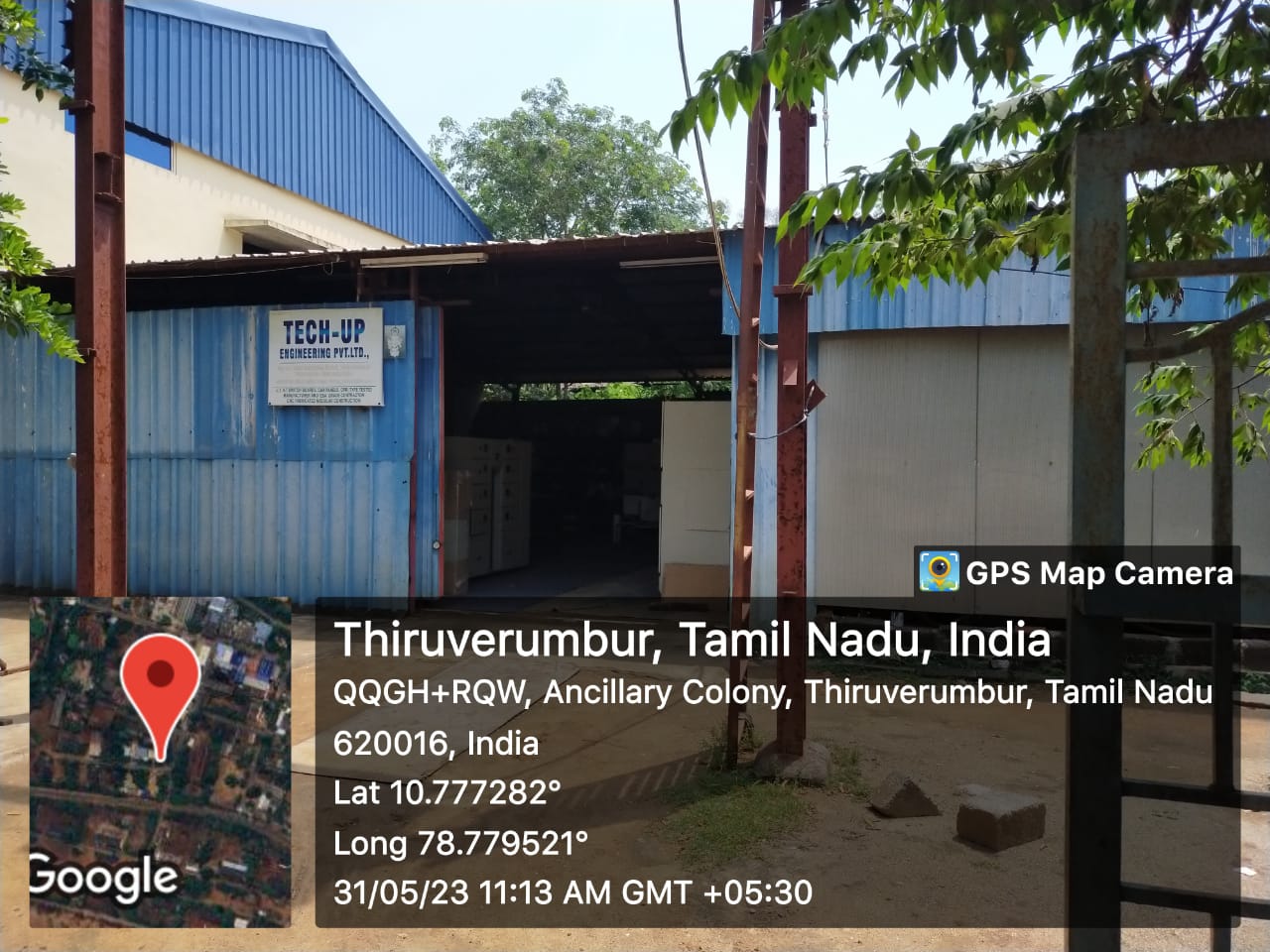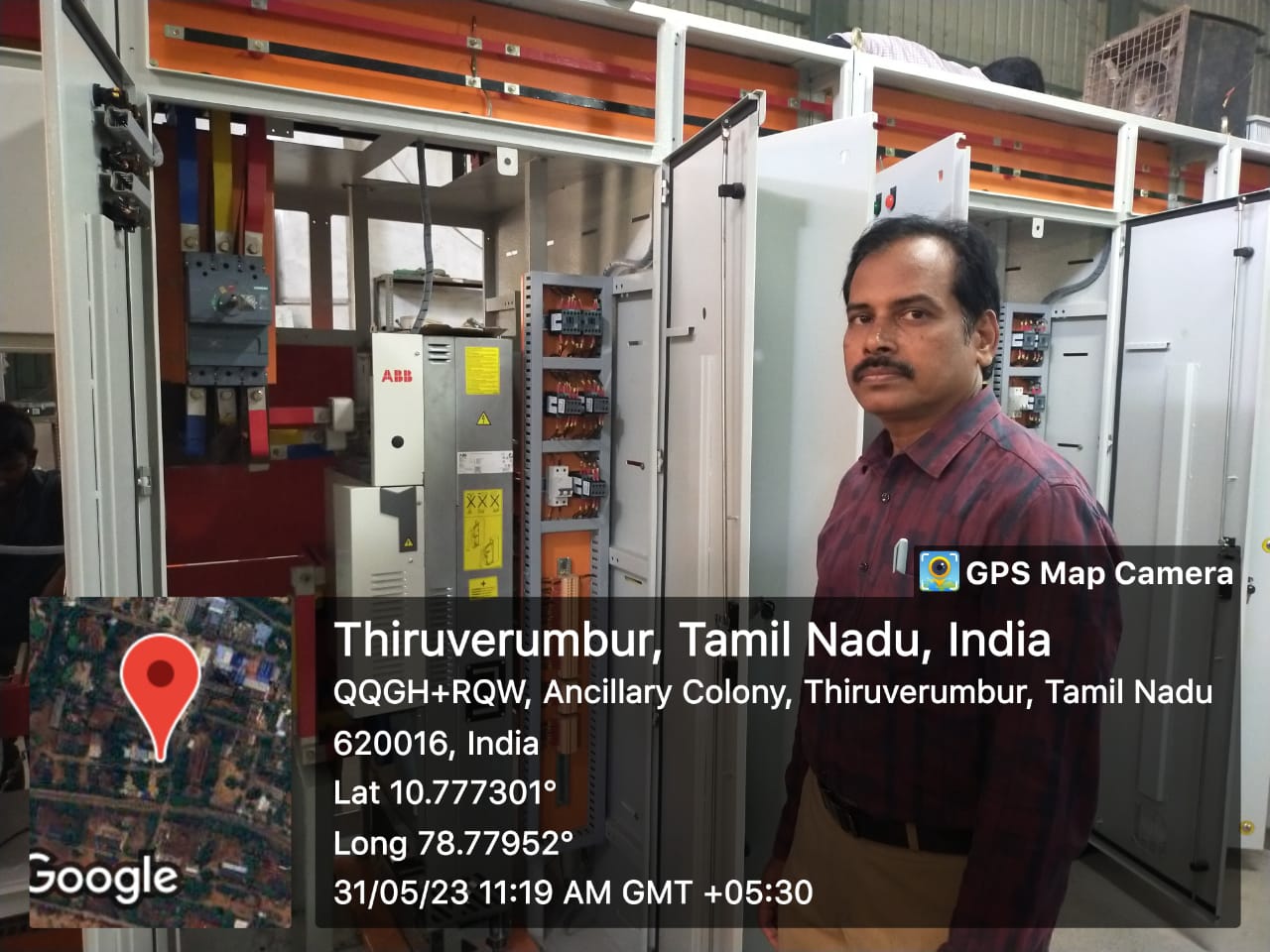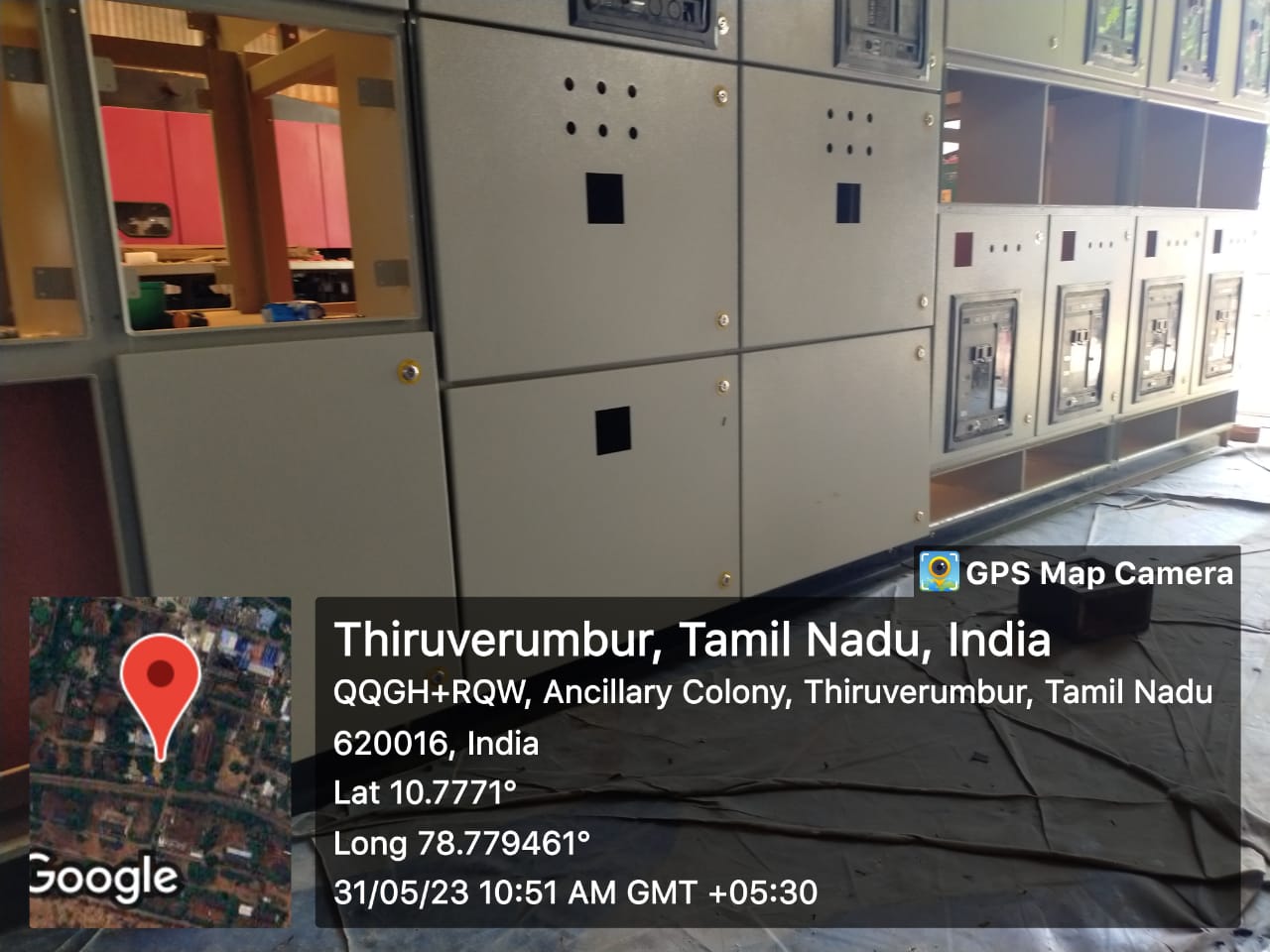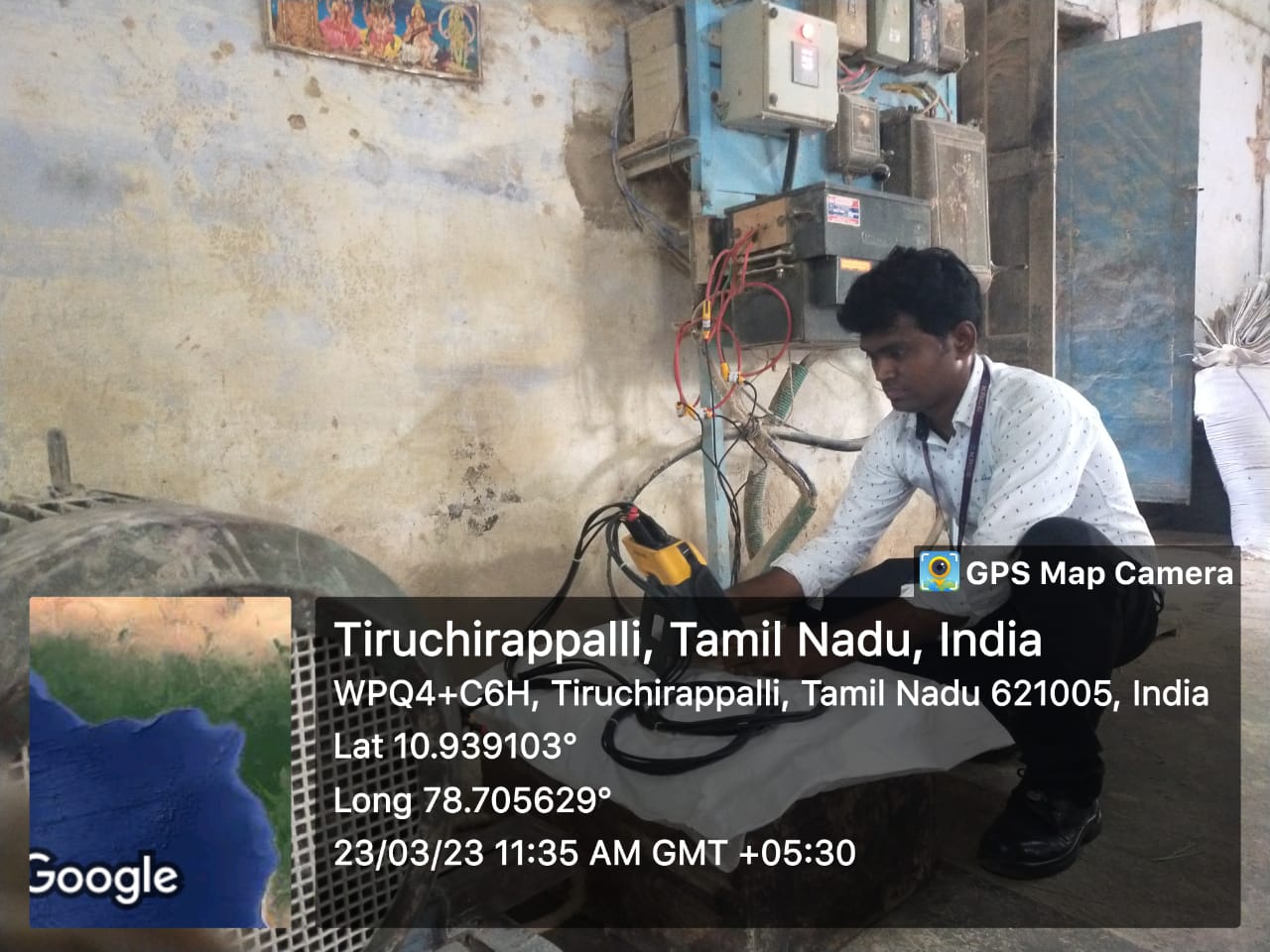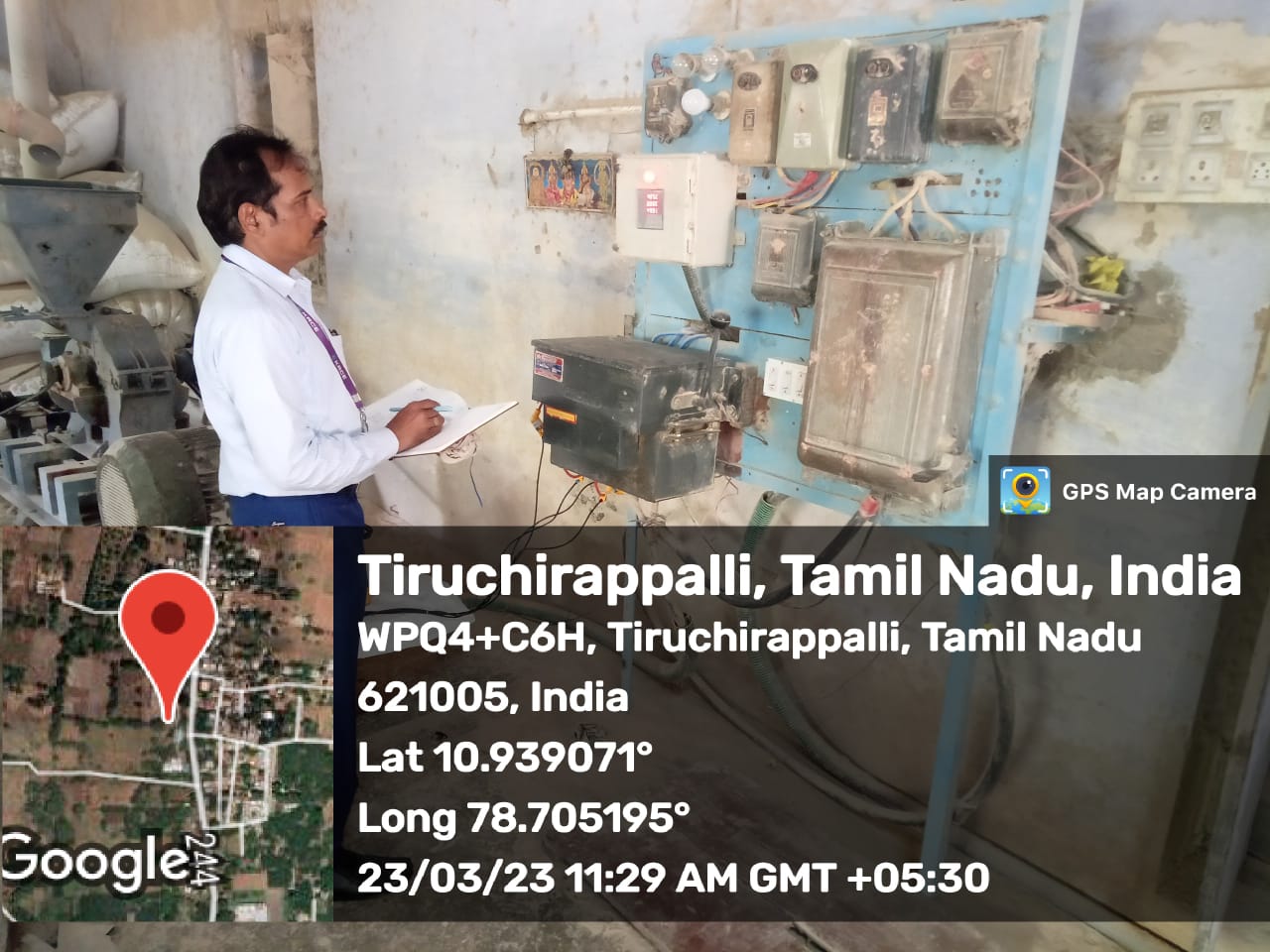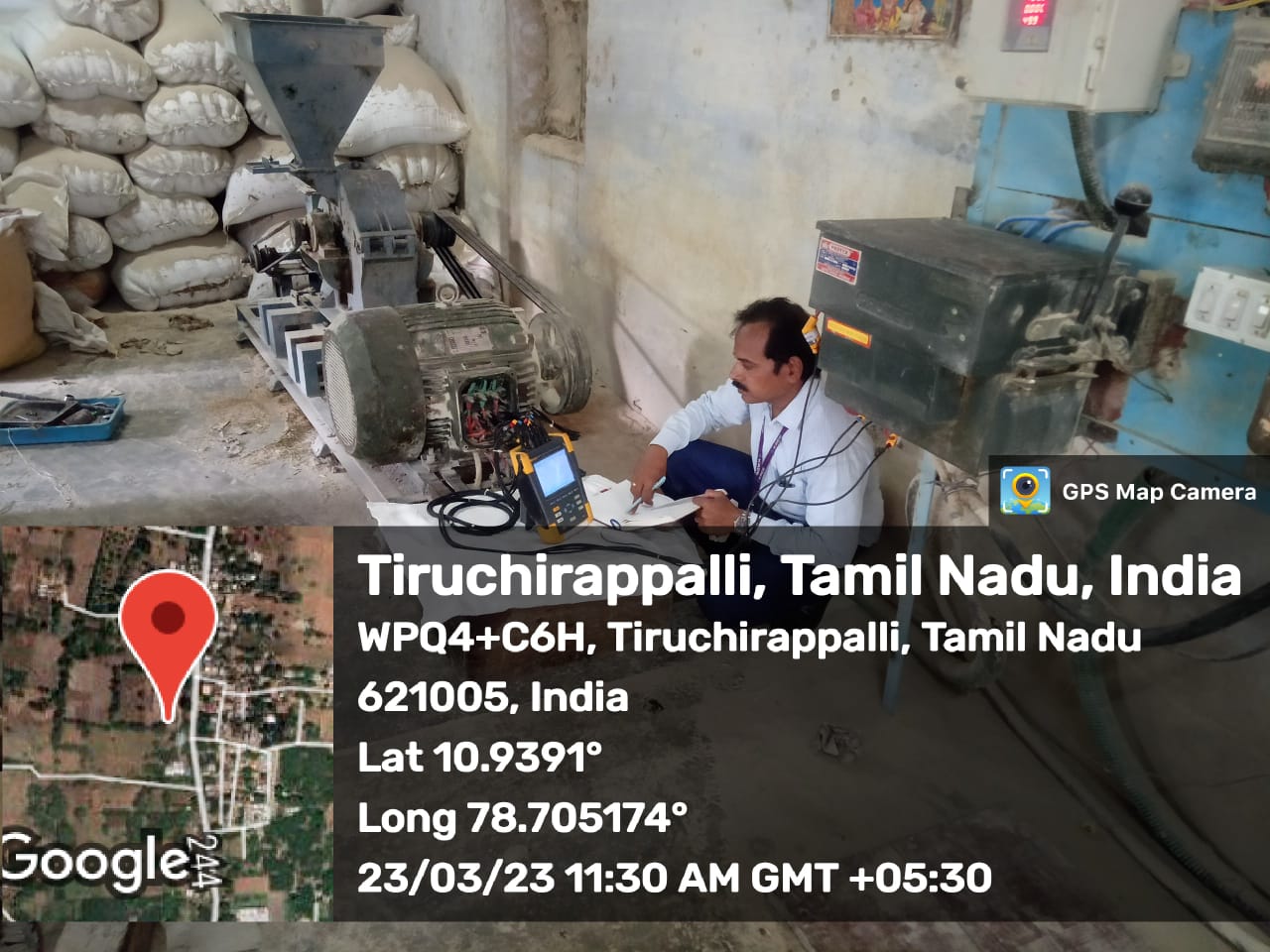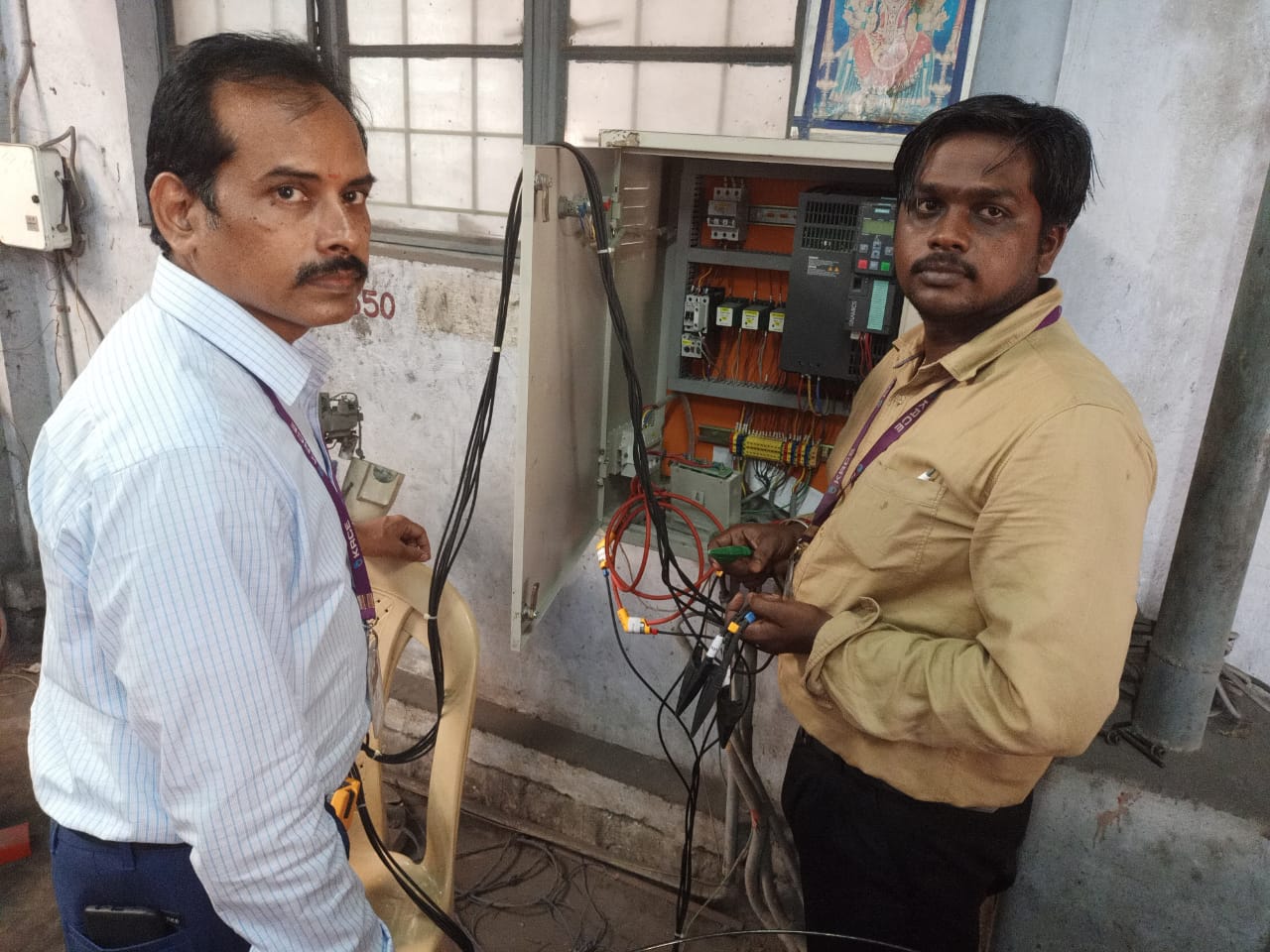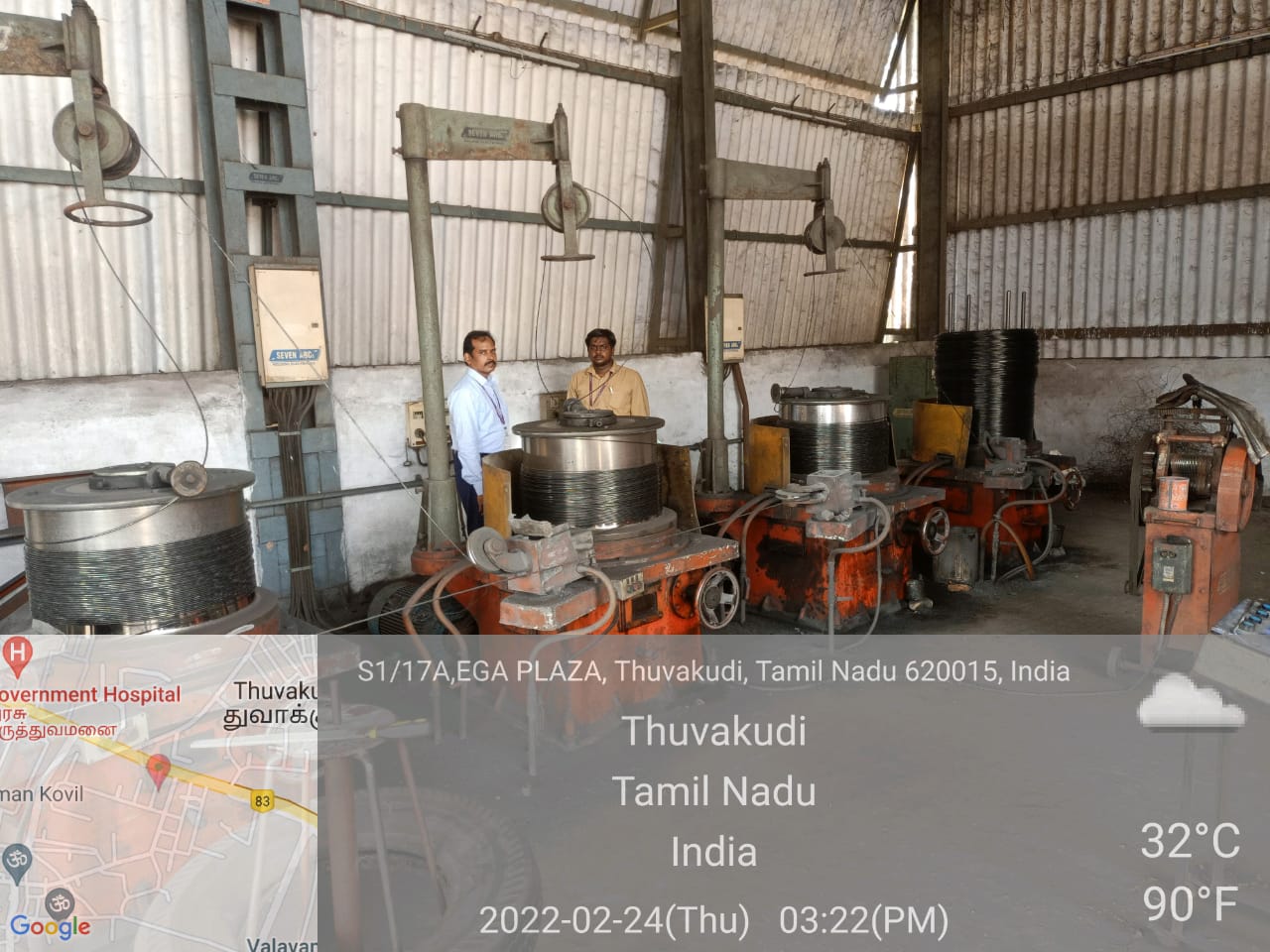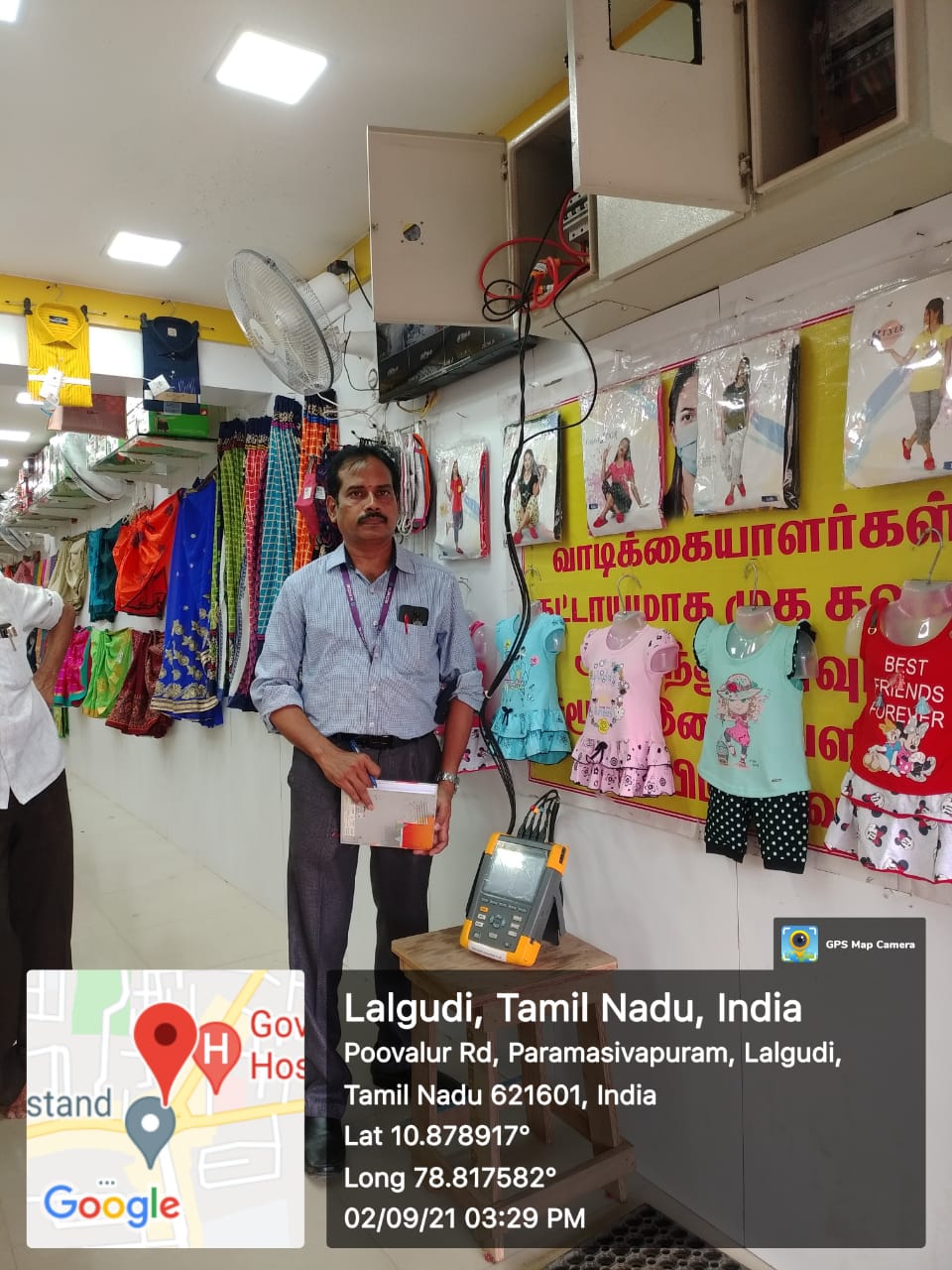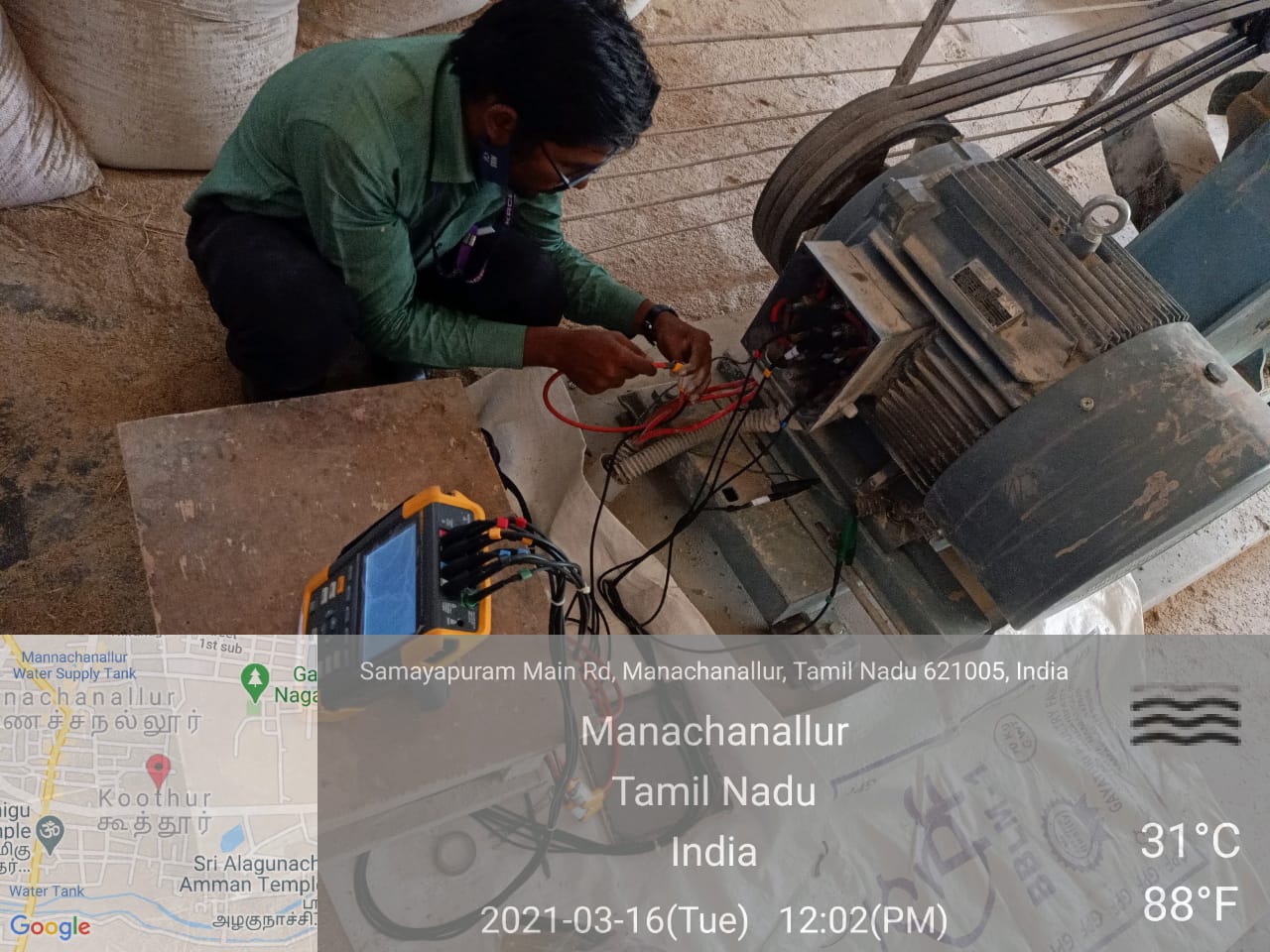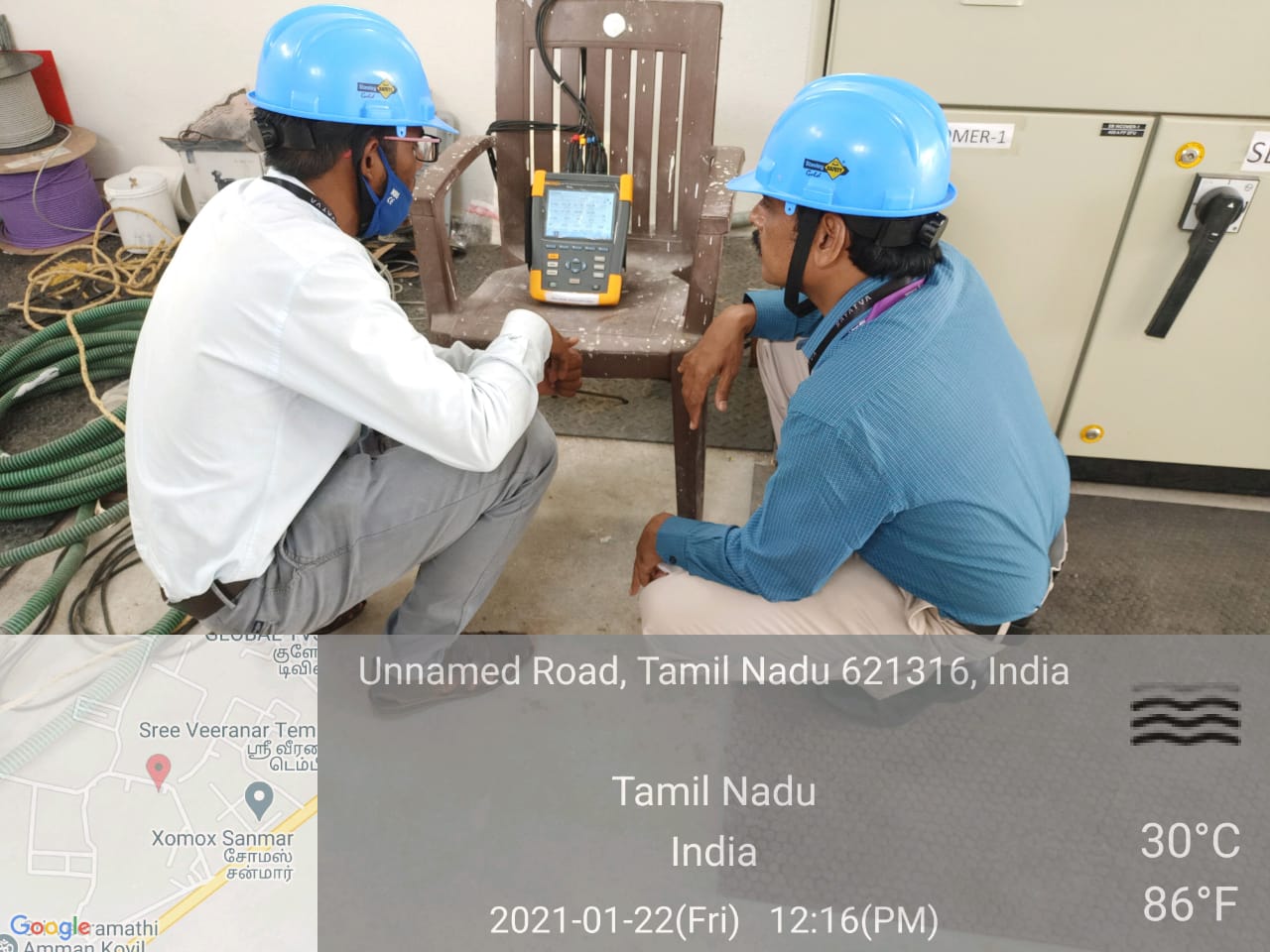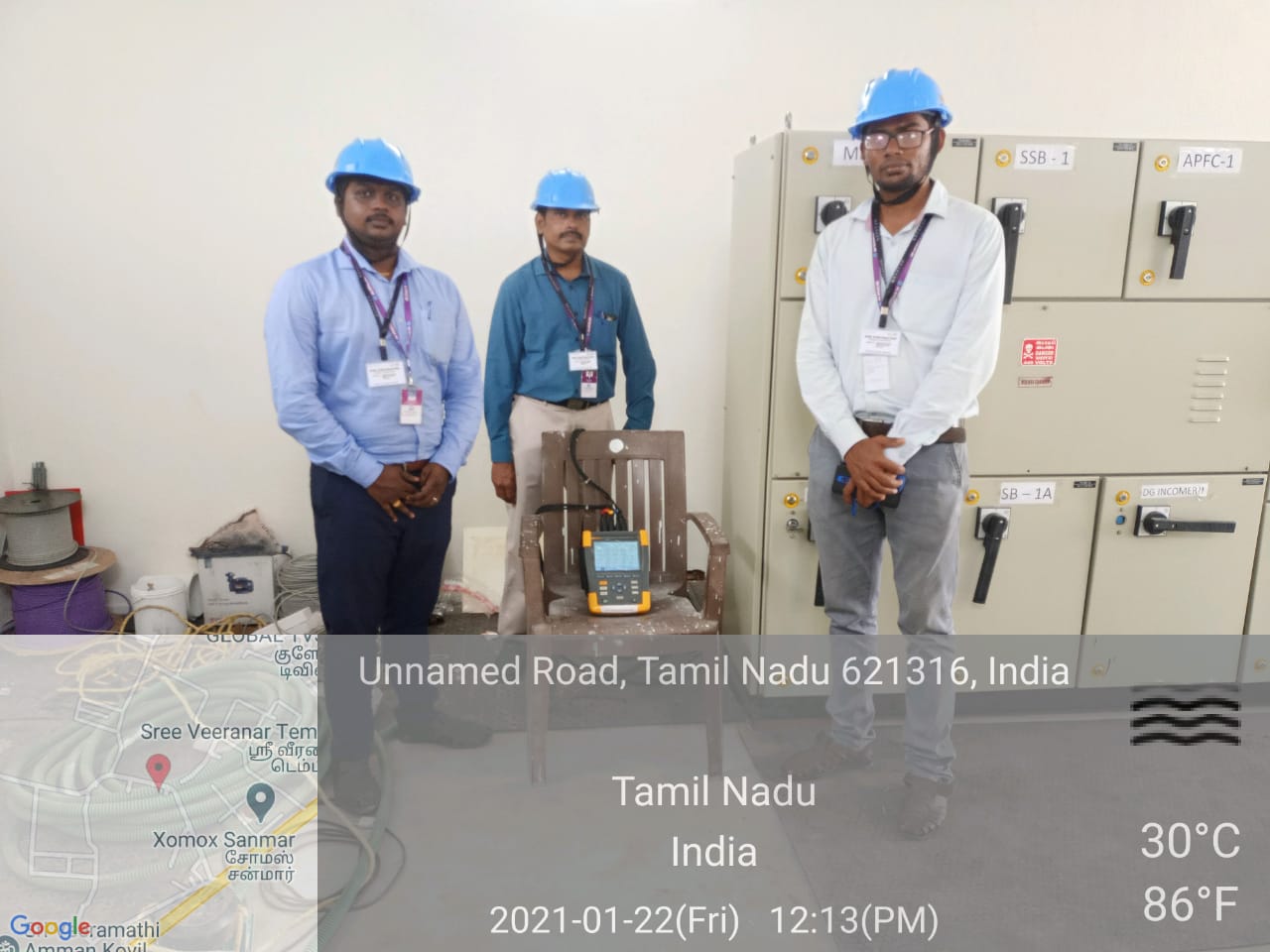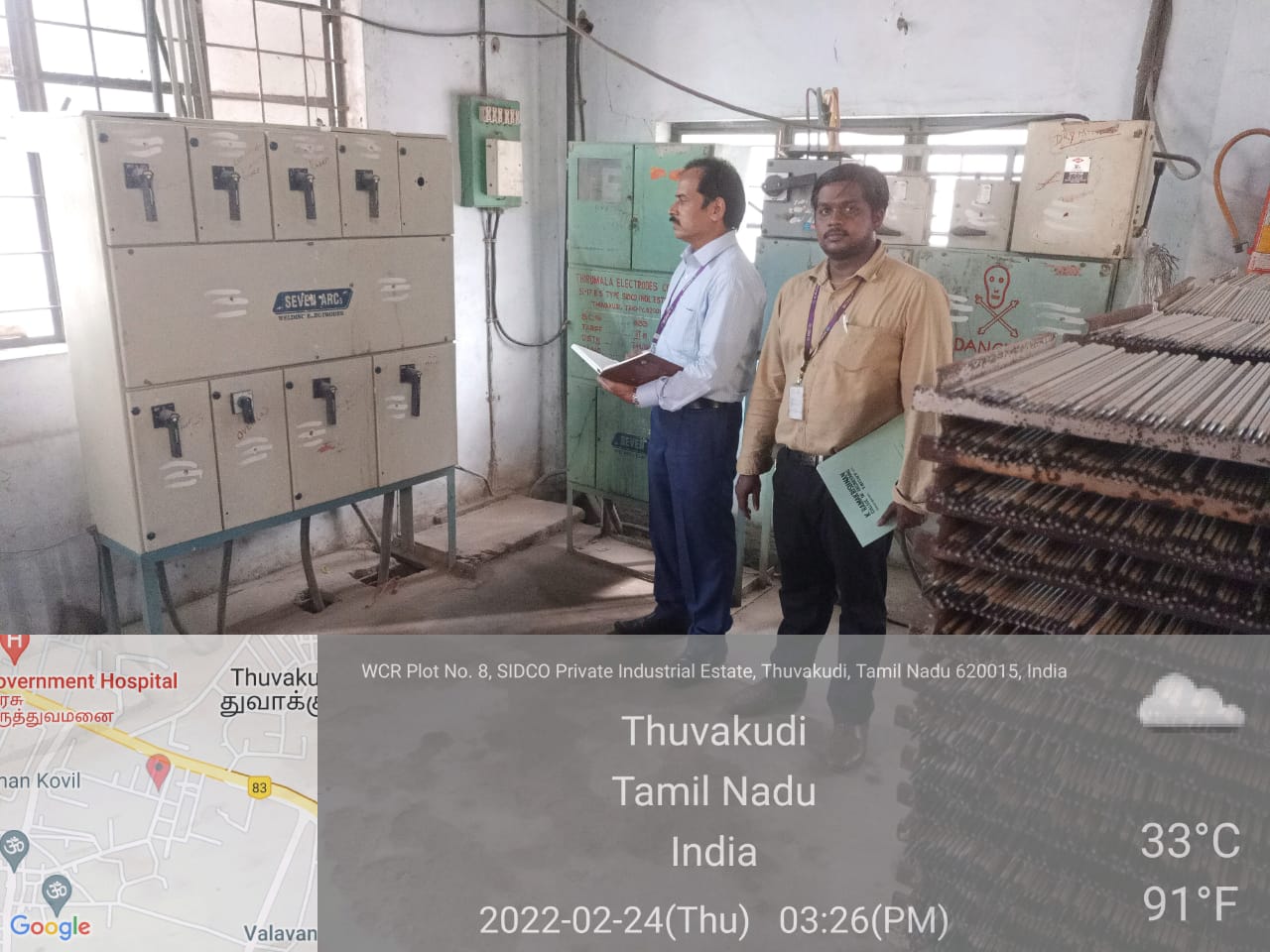 Samayapuram, Tiruchirappalli
Samayapuram, Tiruchirappalli [email protected]
[email protected]
Electrical and Electronics Engineering is one of the prestigious branches of Engineering. The modern state-of-the-art technology leads to the fact that an Electrical Engineering graduate will fit in all corporate sector. The Department of Electrical and Electronics Engineering at K.Ramakrishnan College of Engineering (KRCE) was established in the year 2008 with an intake of 60 students. The Department progressed to 120 students in the year 2013. The Department was accredited by NAAC with A Grade in the year 2016. The department has R&D center approved by Anna University, Chennai for Conducting Research Programs. Our department has produced a number of University Ranks from its inception.
The department of Electrical and Electronics Engineering has been offering a full time 4 year B.E. degree course since the inception of the institution in the year 2008 and two year full time M.E. Degree programme in Power System Engineering since 2013. We have sound infrastructure facilities like full-fledged Electrical Machines lab, Power Electronics and Drives Lab, Electronics devices and circuits lab, established research laboratories with latest equipment and experimental setups like power quality Analyzer. We have well established library, digital library for online journal access with high band wifi internet facility, dedicated and well qualified faculty team and technical supporting staff are the highlights of the EEE Department.
To emerge as a renowned department for high quality teaching, learning and research in the domain of Electrical and Electronics Engineering, producing professional engineers, to meet the challenges of society.
To establish the infrastructure resources for imparting quality technical education in Electrical and Electronics Engineering.
To achieve excellence in teaching, learning, research and development.
To impart the latest skills and developments through practical approach along with moral and ethical values.
PEO1: Have strong foundation in Electrical and Electronics Engineering and to excel in professional career in higher studies or research.
PEO2: Analyze, design and develop various inter-disciplinary projects and products, to solve social issues.
PEO3: Have professional ethics and effective communication skills with life-long learning attitudes.
Engineering Graduates will be able to:
1. Engineering knowledge: Apply the knowledge of mathematics, science, engineering fundamentals and an engineering specialization to the solution of complex engineering problems.
2. Problem analysis: Identify, formulate, review research literature, and analyze complex engineering problems reaching substantiated conclusions using first principles of mathematics, natural sciences, and engineering sciences.
3. Design/development of solutions: Design solutions for complex engineering problems and design system components or processes that meet the specified needs with appropriate consideration for the public health and safety, and the cultural, societal, and environmental considerations.
4. Conduct investigations of complex problems: Use research-based knowledge and research methods including design of experiments, analysis and interpretation of data, and synthesis of the information to provide valid conclusions.
5. Modern tool usage: Create, select, and apply appropriate techniques, resources, and modern engineering and IT tools including prediction and modeling to complex engineering activities with an understanding of the limitations.
6. The engineer and society: Apply reasoning informed by the contextual knowledge to assess societal, health, safety, legal and cultural issues and the consequent responsibilities relevant to the professional engineering practice.
7. Environment and sustainability: Understand the impact of the professional engineering solutions in societal and environmental contexts, and demonstrate the knowledge of, and need for sustainable development.
8. Ethics: Apply ethical principles and commit to professional ethics and responsibilities and norms of the engineering practice.
9. Individual and team work: Function effectively as an individual, and as a member or leader in diverse teams, and in multidisciplinary settings.
10. Communication: Communicate effectively on complex engineering activities with the engineering community and with society at large, such as, being able to comprehend and write effective reports and design documentation, make effective presentations, and give and receive clear instructions.
11. Project management and finance: Demonstrate knowledge and understanding of the engineering and management principles and apply these to one‘s own work, as a member and leader in a team, to manage projects and in multidisciplinary environments.
12. Life-long learning: Recognize the need for, and have the preparation and ability to engage in independent and life-long learning in the broadest context of technological change.
PSO1: By using logical and technical skills to model, simulate and analyze electrical components and systems.
PSO2: Integrate the knowledge of fundamental electrical and electronics, power electronics and control systems for the controllability, reliability and sustainability of the electrical systems.
| Sl.No | Name | Roles and responsibilities | Address |
|---|---|---|---|
| 1 | Mr. G. Gabriel Santhosh Kumar | Chairman | Assistant Professor & Head, Department of EEE, K.Ramakrishnan College of Engineering, Tiruchirappalli |
| 2 | Dr.R.Gandhiraj | University Nominee | Department of Electrical and Electronics Engineering, University College of Engineering, Bharathidasan Institute of Technology Campus, Anna University, Tiruchirappalli-620024. |
| 3 | Dr. P. Raja | Academic Member | Associate Professor, Department of Electrical and Electronics Engineering, National Institute of Technology, Tiruchirapalli |
| 4 | Dr. N.Kumarappan, | Academic Member | Professor, Department of Electrical and Electronics Engineering, Annamalai University, Chithambaram. |
| 5 | Dr.Kevin Ark kumar | Industrial Member | Deputy Manager, Bharat Heavy Electrical Limited, Tiruchirappalli |
| 6 | Mr. K.A.Viswanathan | Alumni member | Veoneer India Private Limited, 10th Floor, M2 Building, Manyata Tech Park, Nagawara, Bangalore, Karnataka – 560045 |
| 7 | Dr. K. Dhayalini | BoS member | Professor, Department of EEE, K.Ramakrishnan College of Engineering, Tiruchirappalli |
| 8 | Dr. S.Titus, | BoS member | Professor Department of EEE, K. Ramakrishnan College of Engineering, Tiruchirapalli |
| 9 | Dr. R.Ilango | BoS member | Professor, Department of EEE, K. Ramakrishnan College of Engineering, Tiruchirapalli |
| 10 | Dr. R.Manivasagam | BoS member | Associate Professor, Department of EEE, K. Ramakrishnan College of Engineering, Tiruchirapalli |
| 11 | Mr. A. Subramaniya Siva | BoS member | Assistant Professor, Department of EEE, K.Ramakrishnan College of Engineering, Tiruchirappalli |
| 12 | Mr. A. Prabhu | BoS member | Assistant Professor, Department of EEE, K.Ramakrishnan College of Engineering, Tiruchirappalli |
| 13 | Mr. P. Vigneshwaran | BoS member | Assistant Professor, Department of EEE, K.Ramakrishnan College of Engineering, Tiruchirappalli |
| Subject Name | Semester | View |
|---|
| Sl.No | Name | Degree | Position |
|---|---|---|---|
| 1 | Dr. K. Dhayalini | B.E., M.E.,Ph.D. | Professor |
| 2 | Dr. R. Manivasagam | B.E., M.E.,Ph.D. | Associate Professor |
| 3 | Dr. R. Ilango | B.E., M.E.,Ph.D. | Professor |
| 4 | Dr. S. Titus | B.E., M.E.,Ph.D. | Professor |
| 5 | Mr. G. Gabriel Santhoshkumar | B.E., M.E. | Assistant Professor |
| 6 | Mr. A. Subramaniya Siva | B.E., M.E. | Assistant Professor |
| 7 | Ms. A. Durgadevi | B.E., M.E. | Assistant Professor |
| 8 | Mr. A. Prabhu | B.E, M.E. | Assistant Professor |
| 9 | Mr. P. Vigneshwaran | B.E., M.E. | Assistant Professor |
| 10 | Mr. S.P. Richard | B.E., M.E. | Assistant Professor |
| 11 | Mr. V. Ashokkumar | B.E., M.E. | Assistant Professor |
| 12 | Mr. U. Ramani | B.E., M.E. | Assistant Professor |
| 13 | Mr. P. Parthasarathy | B.E., M.E. | Assistant Professor |
| 14 | Mr. TM. NAVINKUMAR | B.E., M.E | Assistant Professor |
| 15 | Mr. MANIKANDAN .S | B.E., M.E. | Assistant Professor |
| 16 | Mr. R. SARANRAJ | B.E., M.E. | Assistant Professor |
| 17 | Mr. M.SENTHILKUMAR | B.E., M.E. | Assistant Professor |
| 18 | Dr. R. Arulraj | B.E., M.E., Ph.D, | Assistant Professor |
Research activities of EEE department is centered around the core domains of Power systems, Power Electronics, Electrical Drives, High Voltage Engineering, Optimization, Electrical machines, Renewable Energy systems, Power quality, FACTS, Energy conservation, and management. To impart and promote research interest among students in the above core domains of EEE, we encourage the students to perform regular R&D projects resulting in journal and conference publications or patents. Workshops, industry oriented seminars and conferences are also organized in our department to help the students of our department to enhance the knowledge in state-of-the art. Our R & D team is also actively involved in getting funds from IEEE, TNSCST, MNRE,DST etc.,
Our department is recognized as R & D centre by Anna University, Chennai where several research scholars are doing Ph.D. in various domains. The Research laboratory is developed with the aim of enhancing the research capabilities for power engineers in the Electrical and Electronics Engineering department. These laboratories will be devoted to solving problems in cutting edge research topics of promise to future applications. It supports undergraduate, postgraduate and research scholars to enhance rapid technology transfer in various domains in the field of Energy, Power Systems Engineering and Power Electronics and Drives.
Highlights of Research centre
1. The department has been recognized as Research Centre by Anna University, Chennai since November 2017.
2. The research centre has two research supervisors recognized by Anna University, Chennai.
3. Eleven Research Scholars have registered for Ph.D. programme in the department research centre, in Part-Time category.
4. The faculty members and research scholars of our department consistently publish papers in referred national & international journals/conferences.
5. The Department is regularly conducting International Conference on Innovations in Engineering, Technology and Science (ICIETS) every academic year to promote academic research.
6. The Department of EEE has state of art facilities in research laboratory and is actively involved in collaborating with industries for research and consultancy works.
Description
The Research lab shows a new mechanism to improve the innovation ability of research scholars and to collaborate with the industry persons. It provides a platform for the research scholars in the department to share their knowledge in their field of expertise. It also helps the post graduate students to understand the basic necessity in doing research and to acquire guidance from the experts in various domains. The lab also supports in conducting lab sessions while conducting national/international short term training programs and workshops to all the participants satisfying their thirst in the recent fields of power systems and power electronics. Research in the department may be broadly divided into so-called "thrust" areas:
Renewable Energy Systems
Smart Grid Technology
Power System Deregulation
Soft Computing Techniques
Design and Analysis of Power Converters
Energy Conservation
Electrical Drives
The lab is equipped with following software’s and equipments to enhance research:
Research Software’s
1. Mi Power Software Version 9.1, 5 User Network Licence, Unlimited number of buses and nodes
2. ETAP version 7.5.2, 10 user, 50 bus system
3. Matlab R2015a, software, 15 user
4. NI LabVIEW Full Package, 25 user
5. PSPICE software – 25 user
6. PROTEUS software
7. MYRIO hardware – 10 user
8. MYDAQ hardware – 10 user
Research Equipments
1. EM-Type Over current Relay testing kit
2. Fluke 438- II / INTLI - Power Quality& Motor Analyzer.
3. AC Drives Training kit G120 with Sinamics 3 phase IM (Siemens)
4. DC Drives Training kit Sinamics DC Master 6RA80(Siemens)
5. Speed control of DC motor using Chopper
6. Re-programmable logic devices & programming (V/F Control)
7. Automatics voltage regulation of three phase Synchronous generator
8. 250KW Roof Top Solar power Plant with Grid Connected facility
9. Wind speed sensor DWT 8102
10. Air Temperature sensor DWT 8103
11. Relative humidity sensor DTH 8103
12. Module(Surface temperature model DWMT 8104)
13. Pyrometer Sensor DWR 8101
14. 4 Channel data logger DWL 1002
15. Hand held Anemometer DHA 111
16. 60KV Transformer BDV Oil test kit
17. Solar PV Module Training Kit
18. Fuel Cell Module Trainer Kit
19. Various electrical machines and meters
The research laboratories will be devoted to solving problems in cutting edge research topics of promise to future applications. EEE department will continue to help students in shaping them as future professionals and assist them to improve their performance by imparting career oriented courses periodically. Hands-on experience on practical power quality analyzer and motor analyzer are employed. This laboratory provides periodical in-house training programs and national level workshops for the UG/PG engineering students to bring out professional and technical excellence in them in order to bridge the gap between industries and academia. The main objective is to disseminate knowledge and appropriate skill practices through proper systems of training testing and certification.
Below we give a brief overview of active research carried out by our faculties.
Researcher: Dr. K. Dhayalini, Professor & Head
Research Profile: She has completed her bachelor’s degree in Electrical and Electronics Engineering from Alagappa Chettiar College of Engineering and Technology, Karaikudi with first class with distinction and Masters degree in Power Systems from Regional Engineering College, Tiruchirappalli (NIT, Trichy) with first class with distinction. She obtained her Ph.D. from Anna University, Chennai. She has good teaching and research experience. Her areas of interests are Power system optimization, Renewable Energy systems, FACTS, and Power Electronics and drives. She has published more than 75 papers in reputed international journals and international conferences. She is actively involved in organizing various workshops, seminars, faculty development program to enhance the knowledge of students and faculties. She is a recognized supervisor of Anna University is presently guiding 5 research scholars for Ph.D. in the domain of power systems and renewable energy systems. She is a senior member of IEEE and member in various societies like IEI, ISTE, ISRD etc.
Researcher: Dr. S. Titus, Professor
Research Profile: Dr.S.Titus, Professor in the Department of Electrical and Electronics Engineering, at K.Ramakrishnan College of Engineering, Tiruchirappalli. He did his Bachelor’s Degree in Electrical and Electronics Engineering at Sathyabama Engineering College Chennai and master’s degree in Power Electronics and Drives at Shanmuga Engineering College Tanjore. He pursued his Doctors of Philosophy in Power system Optimization at Anna University Chennai through Government College of Engineering Coimbatore. His Research interest are Power Electronics & Drives, Power System Optimization, and Renewable Energy sources (Wind & Solar). He has good teaching and research experience. He has published many research papers in international journals and conferences and conducted many AICTE funded research programe in the field power Electronics Drives, Wind Energy and Solar Photovoltaic cells. He has received two AICTE funded MODROBS, Three AICTE funded FDP projects, one CSIR and AICTE fund for conferences so far. He is a member in Various Professional bodies and Societies like IEEE, IE, and ISTE. He is a recognized supervisor of Anna University, produced 5 Ph.D. research Scholars and currently, 3 Scholars are doing research under his supervision.
Researcher: Dr. R. Ilango, Professor
Research Profile: He has completed his Bachelor’s degree in Electrical & Electronics Engineering from Bharathidasan University, Tiruchirapalli in 1996, Master’s degree in High Voltage Engineering from SASTRA University, Thanjavur in 2002, and Ph.D. from Anna University Chennai in 2016. He has published many papers in reputed journals and conferences, in the field of Power System Engineering. During his carrier, he has organized various refresher course, workshops, FDPs and orientation programs. His area of interest includes High Voltage Engineering, Power System Protection, FACTS, Power Quality, and Renewable Energy Applications. He is a member in various societies like IEI, ISTE, IRED , IAENG etc
Researcher: Dr. R. Manivasagam, Associate Professor
Research Profile: He obtained his Bachelor of Engineering in Electrical and Electronics Engineering from Bharathidasan University, Tiruchirappalli obtained his Master of Engineering in Power Electronics and Drives from Anna University, Coimbatore and obtained his Doctor of Philosophy (Ph.D.,) in Electrical Engineering from Anna University, Chennai. He has published more than 49 papers in reputed international journals and international, national conferences. He has teaching experience of over 14 years. His research interests are in Power Quality Improvement, Renewable Energy systems, FACTS, and Power Electronics and drives.
